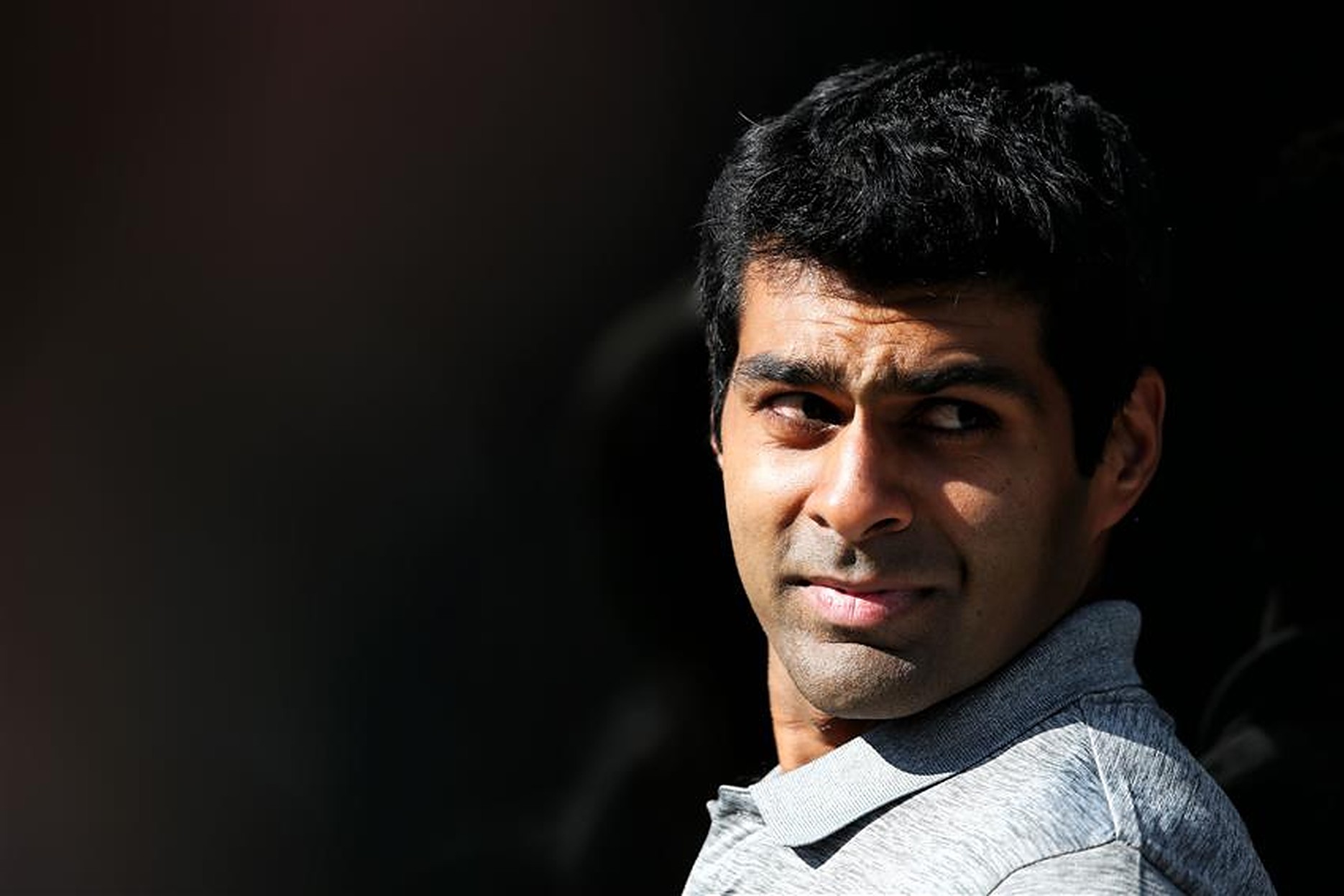For F1 fans in the UK, Karun Chandhok is no stranger, as, in addition to driving for HRT and Team Lotus around a decade ago, he is currently a prominent feature of Sky Sport’s Formula One coverage, often serving as a pit-lane reporter and analyst.
READ: Esteban Ocon ‘Sad’ To See Cyril Abiteboul Leave Renault
Chandhok looked back on his career in an interview with Formula1News.co.uk and shed light on what life is like after competing in the pinnacle of motorsport.
No Regrets About Joining A Backmarker
Chandhok’s career as an F1 racing driver was a short one, with him competing full-time for less than the first half of the 2010 season before being dropped by HRT.
He later joined Team Lotus as a reserve driver for the 2011 season, and that year’s German Grand Prix ultimately turned out to be his final race in Formula One.
When asked if he had any regrets about entering F1 with a team that was a long way off the pace of the midfield – and therefore gave him little chance of making an impact and proving himself – Chandhok emphasised that drivers have to be realistic when trying to make it in the pinnacle of motorsport.
“I think the reality is you have to look at what opportunities are there,” Chandhok said.
“There was no point in me staying in a junior formula. I had already done three seasons of GP2, so there was no point me staying there.”
Continuing, Chandhok said that even racing at the back of the grid in Formula One still furthered his career, both on and off the track.
“Being an F1 driver, even at the back of the grid, that still means you’re one of the 24 elite, at that time, and obviously now there’s only 20.
“And that still serves as a catalyst for your career, both as a driver and beyond being a driver.
“At the end of the day, the fact that I had those opportunities to race with teams, even though they were at the back of the grid, has meant that, forever beyond that, I will always be known as a Formula 1 driver.
“And that opens up career opportunities, whether it be driving sportscars, or racing in Formula E, or other championships around the world, and also in terms of non-driving work, like television and things like that,” he explained.
“So I don’t regret that at all. Obviously, it’s a no-brainer: everyone would rather join a team further up the grid. But you have to look at what opportunities there are, and in my case at that time, there wasn’t an opportunity to join a midfield team.
“At the end of the day, I would say that, for a young driver coming out of F2, it’s much better being at the back of the grid in F1 than not being in F1 at all. I still think there’s merit in that, in getting your foot in the door.”
Life After Racing In F1
After losing his seat at HRT to Sakon Yamamoto in 2010, Chandhok went on to work as a co-commentator on BBC Radio 5 Live’s F1 coverage for the remainder of the season.
And, after retiring from Formula One at the end of 2011, he went on to compete in WEC, the FIA GT Series and Formula E before turning his focus back to his media career.
Commenting on life after being an F1 racing driver, Chandhok told this publication that while some drivers can simply retire, others have to continue to earn a living, either by racing in another series, doing media work or exploring other avenues.
“People come out of F1 in different stages of their lives, different stages of their careers, and different financial positions.
“Some come out of F1 never having to work a day again in their life, and then they just invest their earnings wisely, relax and enjoy the rest of their life.
READ: Sebastian Vettel Reveals He Didn’t ‘Fight Back’ Against Ferrari’s Decision To Drop Him
“There are others who need to carry on working, for the next 15, 20, 30 years until they retire.
“So, you have to look at each drivers’ individual circumstances. And it’s also a matter of motivation,” he added.
The Future Of Formula One
Formula One is currently going through yet another period of transition, with new regulations set to come into effect in 2022, and a budget cap and a more equitable distribution of prize money being introduced this year.
Chandhok said he believes these measures will “further tighten up the field” and noted that, in terms of lap time, today’s backmarkers aren’t that far off the pace-setters when compared to prior eras.
READ: EXCLUSIVE: Romain Grosjean To Compete In IndyCar Before Joining Peugeot In WEC
“I don’t think we’re going to have a one-make series, first of all. That’s never going to happen in F1,” Chandhok asserted.
“There’s lots of steps being taken, in terms of the cost cap, in terms of the standardisation of certain components of F1, in terms of the 2022 rules, with certain limitations being brought in.
“I think there’s various things that are being introduced to try to level off the playing field.
“So there are steps being taken. I think these steps that are being taken will further tighten up the field,” he concluded.
The contents of this article can only be reused and republished by other media outlets in accordance with our Copyright Policy.

